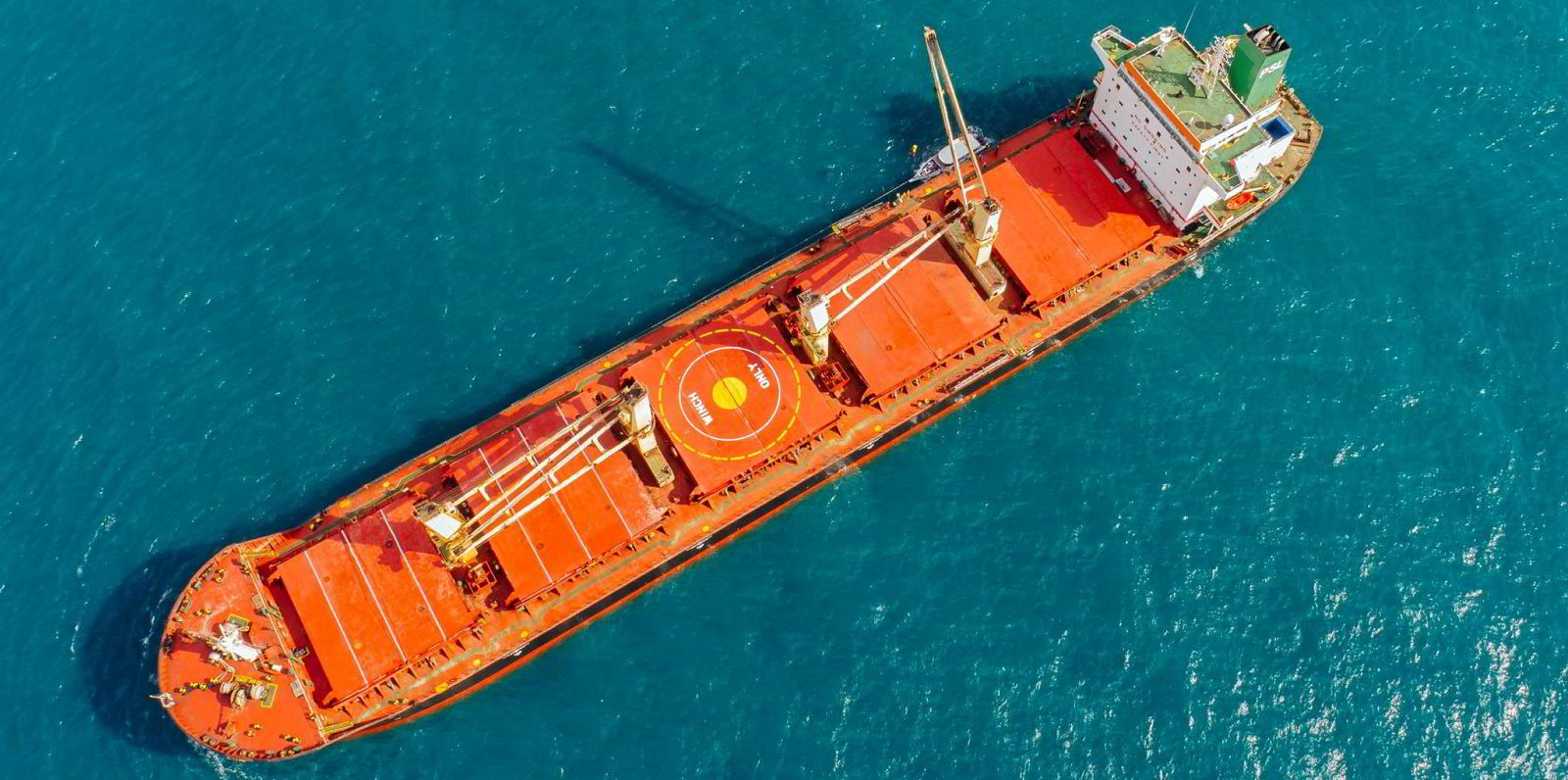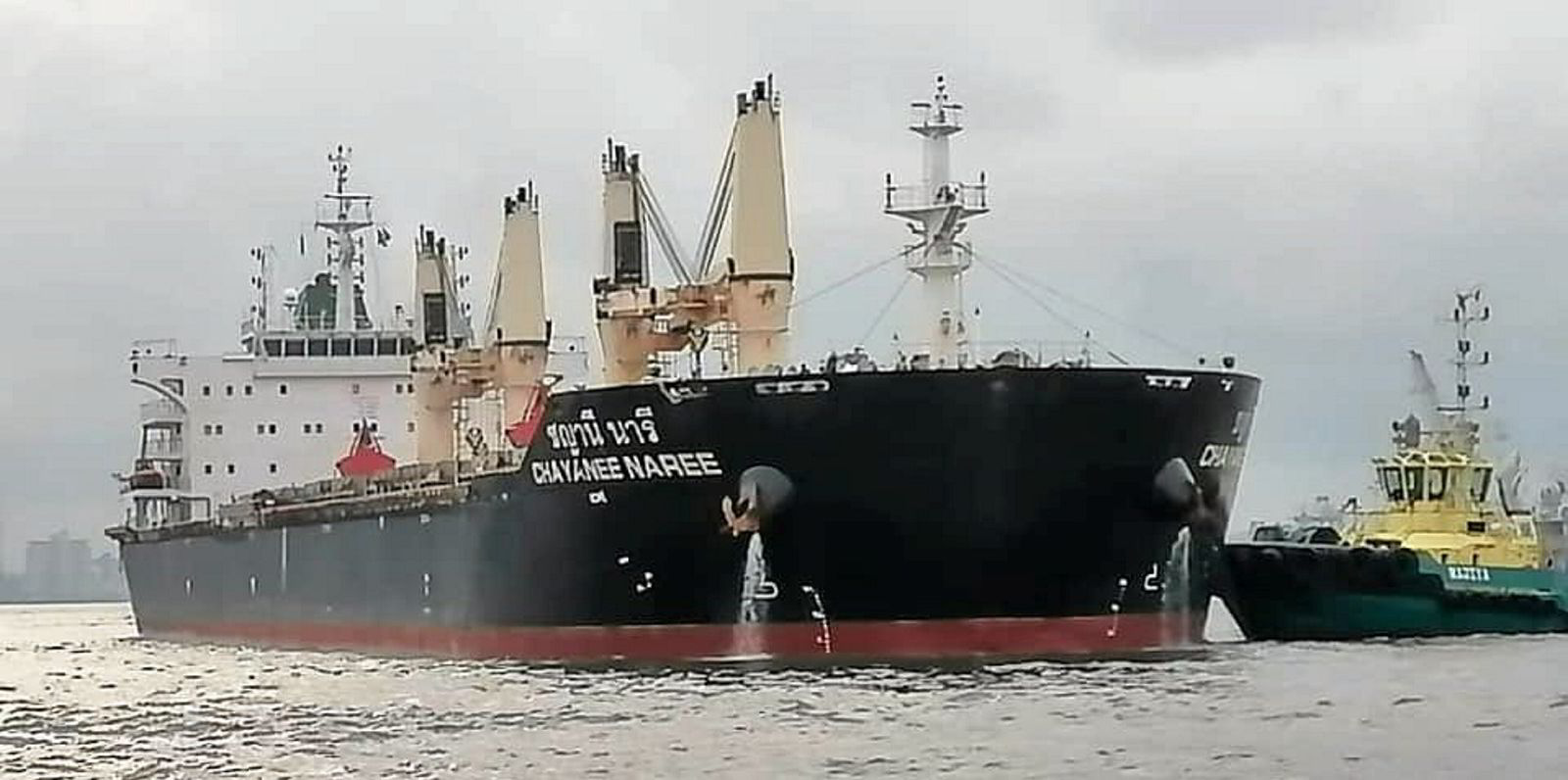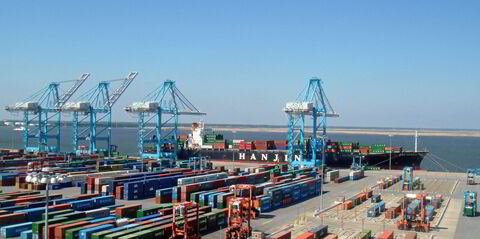Precious Shipping has reported its best start to a year in over a decade helped by a blockbuster third-quarter performance.
The Bangkok-based shipowner said on Thursday that its third-quarter net profit was $45.4m, almost double the $26.23m figure in the second quarter of 2021.
"The earnings per day per ship for the third-quarter came in at $ 24,722 ... almost three times higher than the year-ago figure of $8,786," Precious said.
The Khalid Hashim-led supramax and handysize bulker owner said its highest earnings per day per ship surpassed the $50,000 mark during the quarter.
The strong performance came despite Precious under-performing the Baltic Handy Size Index (BHSI) and Baltic Supramax Index (BSI) by 30.9% and 19.7% respectively.
During the third quarter the BHSI averaged 1,788 points derived from the average time charter (TC) rate of $32,194 per day, while the BSI averaged 3,115 points derived from the average TC rate of $34,269.
Precious said there were "three reasons for our underperformance" including that it ships were "different" from the index ships.
"On an apples-to-apples comparison, our handysize ships are ranked 25% below and the supramaxes are 10% below the index ship TC rates," it said.
Secondly, it said five of its handysize ships, out of its fleet of 19, are on long term charters are fixed at $17,013 per day and one supramax, out of our fleet of 17, is fixed at $13,421 per day.

"And finally, if we had fixed all your ships on day one of the third quarter at the index level — BHSI at $27,890 per day and the BSI $32,324 — we still would have underperformed the average index ship TC by 13.4% in handysizes and 5.7% in supramaxes," Precious said.
"If we had applied these three adjustment factors to our result, we would have outperformed the handy index by 19.8%, and just underperformed the supra index by 0.50%."
Precious was also optimistic about prospects in the fourth quarter based on its comments about China's coal imports and the impact of climate change.
The shipowner said that if China does not increase coal production and imports, existing power shortages will be further exacerbated.
"The Chinese population affected will be really upset as winter progresses and the cold starts to bite," Precious said.
"And the one thing that the Chinese government does not want, above all else, is a minor revolution. So, smart politics suggests that China's regulators will produce more coal and allow greater imports."
On the impact of climate change, Precious said it is exhibiting no signs of getting better and that we will all have to learn to live with weather-related disruptions as part of the "new normal".
"In general, any disruption is always good for dry bulk shipping as they create inefficiencies and reduce the effective supply of ships," it said.
"The recent typhoons to hit China have increased congestion in their ports. Soon the Australian cyclone season will commence causing disruptions, port closures, delays, congestion, weather related port damages, rail line damages, mines getting flooded, rail lines getting flooded, which is all bullish for shipping."





